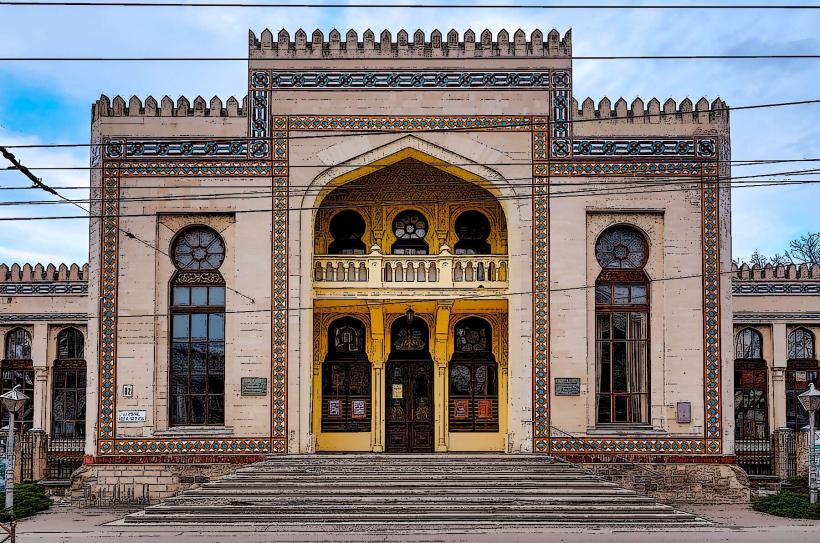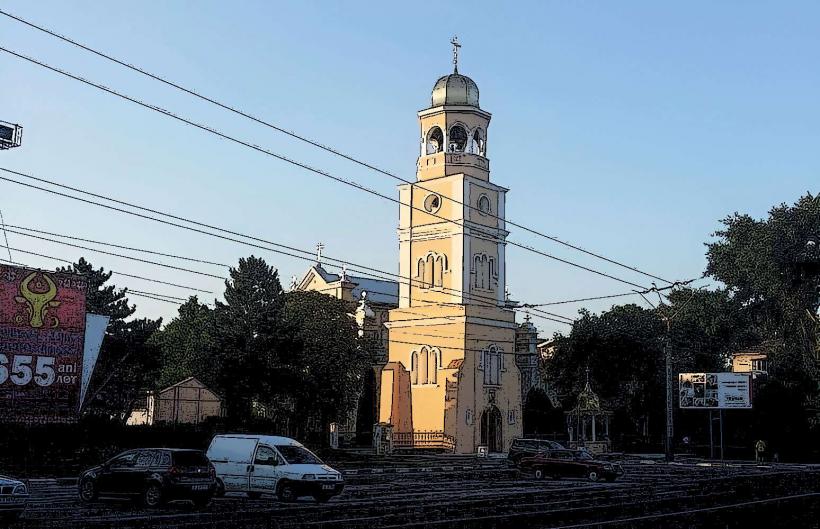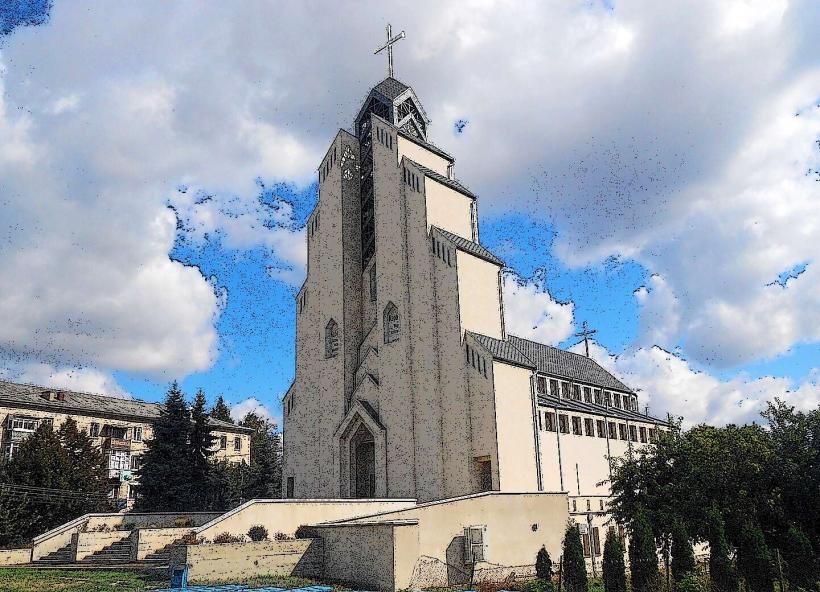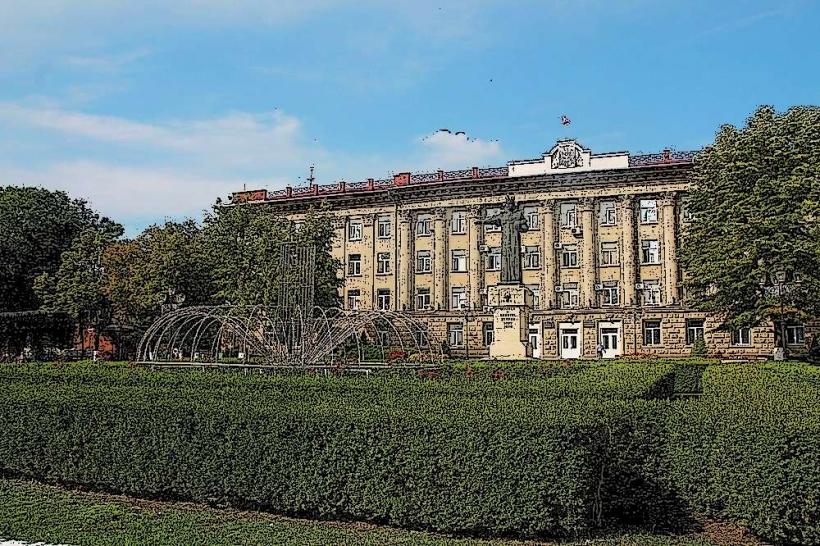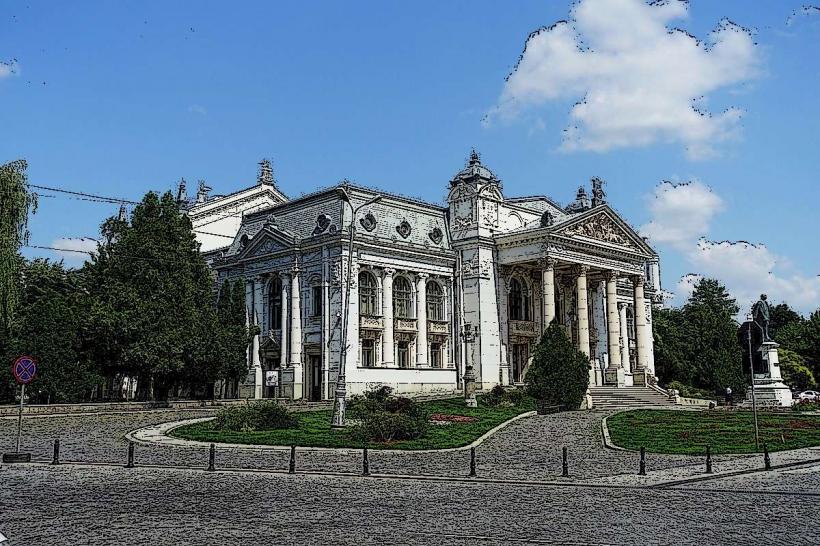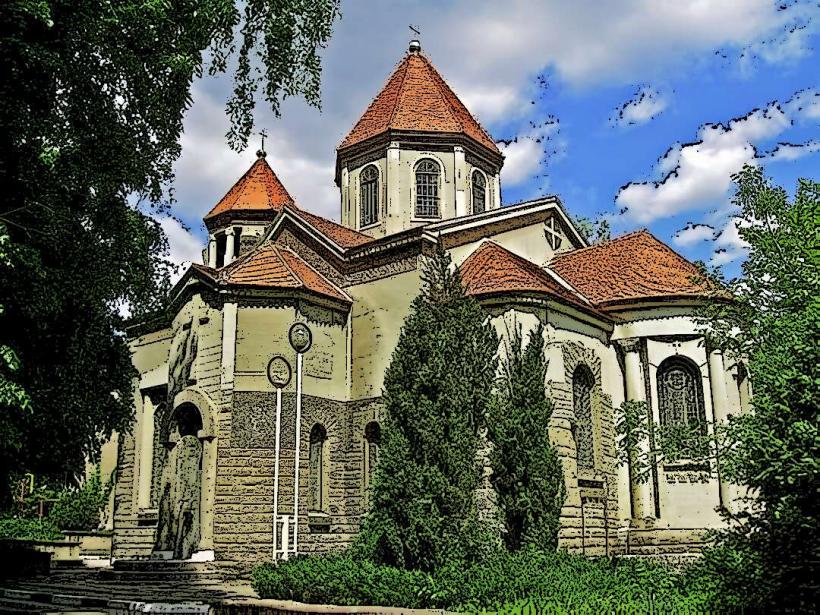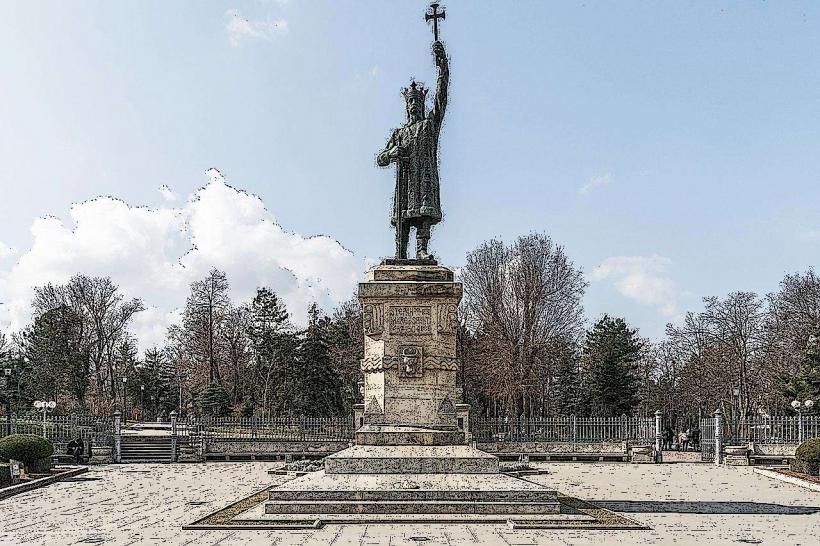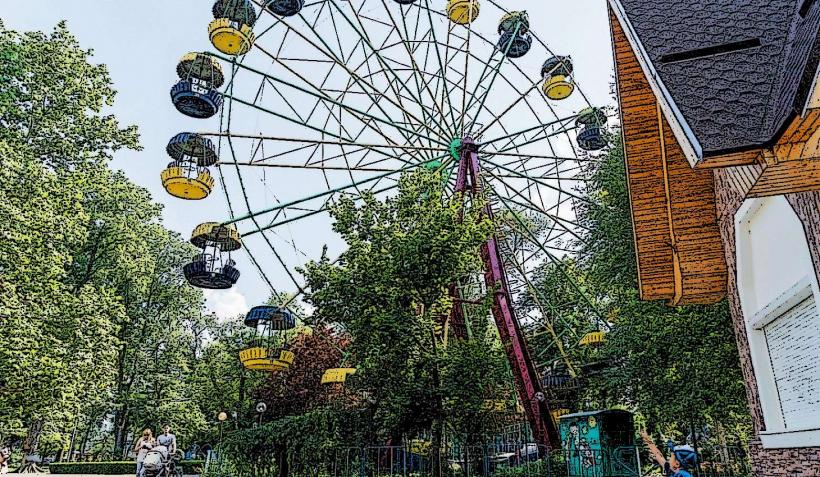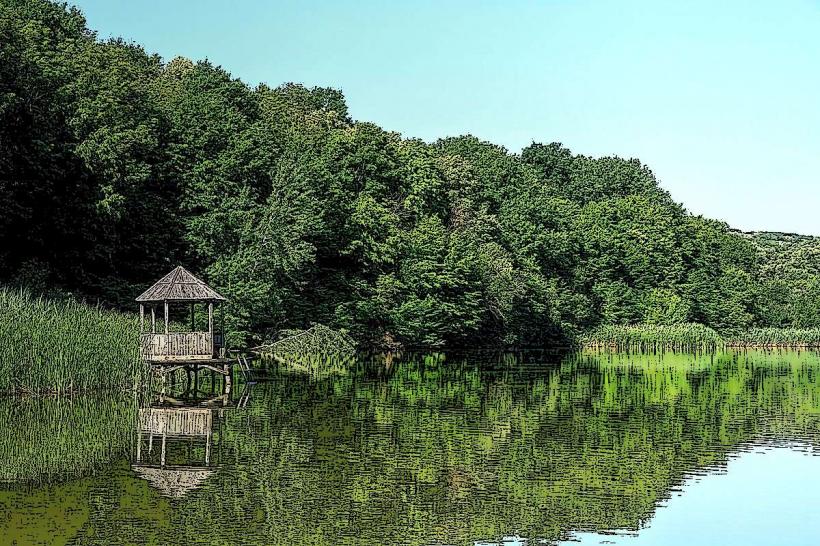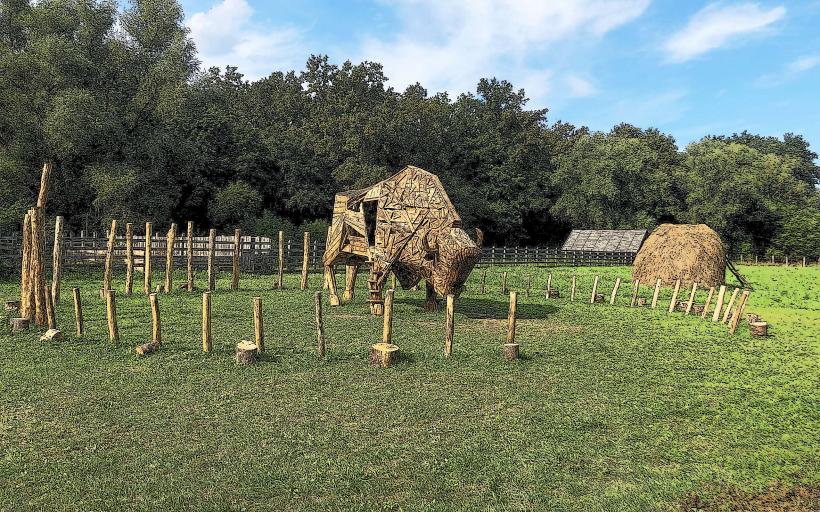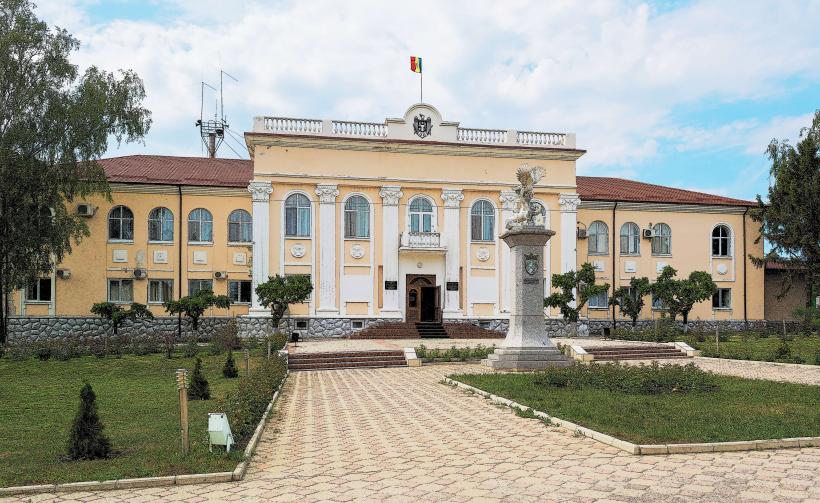Information
Landmark: Drochia ChurchCity: Balti
Country: Moldova
Continent: Europe
Drochia Church, Balti, Moldova, Europe
The Drochia Church, located in the town of Drochia in northern Moldova, is a significant religious and cultural landmark in the region. The church is an important place of worship for the local community and holds historical and architectural value. Here is a detailed overview of the Drochia Church:
1. Historical Background
- Establishment: The church in Drochia is one of the oldest in the region, with its roots going back to the early 20th century. It has served as a central place of worship for the Orthodox Christian community in the area, reflecting the deep religious traditions of the people.
- Religious Significance: The Drochia Church is part of the Orthodox Church of Moldova, which is the predominant Christian denomination in the country. It has been a focal point for religious services, including liturgies, baptisms, and other important ceremonies.
- Post-Soviet Restoration: After the collapse of the Soviet Union, many churches in Moldova, including the Drochia Church, underwent restorations and renovations. These efforts helped restore the church’s original architectural features and revived its religious significance for the local community.
2. Architecture and Design
- Architectural Style: The Drochia Church features a traditional Orthodox architectural style, typical of Moldovan churches. The design incorporates elements of Byzantine and Russian Orthodox influences, including a central dome, iconostasis, and arched windows.
- Exterior: The exterior of the church is characterized by stone and brick construction, with a prominent bell tower. The overall design emphasizes simplicity, while still being grand in its own right. The church is often surrounded by a courtyard and green spaces, which enhance its serene atmosphere.
- Interior: The interior of the church is decorated with icons, frescoes, and other religious artwork, following Orthodox traditions. The iconostasis, a screen that separates the altar from the congregation, is an important feature in Orthodox churches and serves as a central decorative and symbolic element.
- Renovations: In recent years, the Drochia Church has seen efforts to preserve and restore its interior and exterior, with significant attention to maintaining the religious art and cultural heritage.
3. Religious Role and Community Importance
- Place of Worship: The Drochia Church is a key place of worship for the local community. It hosts regular church services and religious celebrations, particularly on major Orthodox holidays such as Easter and Christmas. It is also the site for important life events, including weddings, baptisms, and funerals.
- Cultural Significance: The church plays an important role in preserving the cultural and spiritual heritage of the town of Drochia. It is a symbol of the region’s religious identity and a gathering place for people of all ages. The church is also a space where locals engage in community events and religious education.
- Tourism and Pilgrimages: The church attracts visitors, particularly those interested in the region’s Orthodox Christian traditions. Pilgrims and tourists often visit the church to admire its architecture, take part in services, or simply to experience the peaceful environment of the town.
4. Challenges and Preservation
- Soviet Legacy: During the Soviet era, many churches in Moldova, including Drochia Church, faced restrictions and neglect. Religious practices were discouraged, and many churches were either closed, repurposed, or abandoned. After Moldova gained independence in 1991, there was a resurgence of interest in religious and cultural preservation.
- Preservation Efforts: In recent years, efforts have been made to restore and maintain the Drochia Church, ensuring that it continues to serve as a place of worship and a cultural landmark for future generations. These efforts have been supported by local and national authorities, as well as the Orthodox Church.
5. Conclusion
The Drochia Church is a historically significant and culturally valuable religious site in northern Moldova. Its architectural beauty, combined with its spiritual role in the community, makes it a symbol of the region's deep-rooted Orthodox Christian traditions. The church continues to be a center of worship, cultural heritage, and community life in the town of Drochia, attracting both locals and visitors who appreciate its religious and historical significance.

